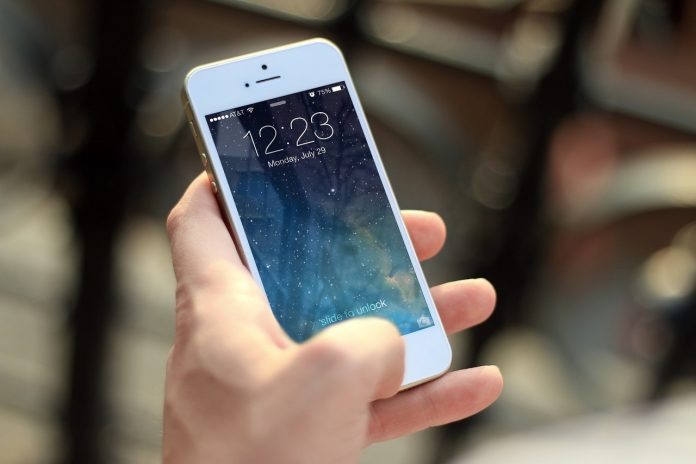
Apple users found out on Thursday about a new feature coming with iOS 11: the ability to call 911 and temporarily disable Touch ID login by clicking the home button rapidly five times. Users have named the function a ‘cop button’ since finding out about it through iOS 11’s public beta.
The new version of the mobile operating system is expected to launch once the next generation of iPhones debuts later this autumn. September, as is tradition by now, seems to be the date when Cupertino will take the wraps off the much-awaited device.
This new security measure is expected to counterbalance the potential flaws that Apple’s facial recognition system brings with it. Users will be able to unlock their mobile devices by just looking at them in the next iteration of iOS, and this has raised some security concerns.
https://twitter.com/alt_kia/status/898067522234097664
How does Apple’s ‘cop button’ work?
With iOS 11, iPhone owners will just need to press the home button quickly five times and this action will instantly disable Touch ID unlocking and bring up a screen from which they can call 911.
Users can choose to trigger this function just to keep police or authorities from forcibly making people unlock their phones, i.e. placing their fingers on the button against their will if they happen to have the unlocking method active.
This quick response is temporary and it makes sure that the option remains disabled, making passcodes the only way through which they can access the phone. Calling 911 is optional, though, since you can dismiss the alert and just use the ‘cop button’ to avoid people infiltrating your handset.
https://www.youtube.com/watch?v=AszkLviSLlg
‘Cop button’ on iPhone might keep intruders at bay
Many have pointed out that this new instant lockdown method might be particularly useful not just for iPhones but also in all kinds of phones. Apple’s unique history with security agencies, however, gives it more meaning to the move than in other platforms.
The FBI tried to break into the phone of the San Bernardino shooter in 2015. They requested Apple’s help first, but the company led by Tim Cook stood their ground firmly and denied the request to build a backdoor into their system.
Federal authorities eventually managed to get access by hiring the services of specialized firms, but these actions prompted a legal battle between the two over the legality and morality of what they had done. The battle continues tacitly until this very day, amid rising concerns over new threats in the mobile world.
Source: The Verge










